Corporations are waking up to the inadvertent role they may be playing in the world of conspiracy theories and misinformation, particularly in response to the rise of the QAnon movement in the US.
QAnon is a far-right conspiracy theory, centring on the baseless belief that Donald Trump is waging a secret campaign against enemies in a child sex trafficking ring, including prominent Democrats and Hollywood elites. There are many narratives within the QAnon ideas, connecting almost all conspiracy theories of the modern age such as John F Kennedy Jr being alive, and children being sold through the website of the furniture retailer Wayfair. Other theories have racist undertones, such as the Rothschild family controlling all the banks, manifesting different antisemitic tropes.
The set of conspiracy theories has spread beyond its origins on internet message boards popular with right-wing extremists, reaching mainstream media and politics in August of this year. The societal impacts of the QAnon movement are painfully clear. Lack of trust in democracy, propagation of racism, the undermining of legitimate anti-trafficking efforts, the unparalleled social divide, and the incitement of hate, online harassment and even violence, to name a few. Within the wider context of dangerous false information and its ever-increasing online presence, it is not surprising that the FBI has labelled QAnon a domestic terrorism threat.
But how does this impact companies?
We have already seen furniture company Wayfair become entangled in this movement, after claims were made that its furniture business was a guise for human trafficking. A baseless allegation which the company, of course, vehemently rejects. Now, a review of finance records has found corporate giants, such as Amazon, donated money to the re-election campaign of a Tennessee state lawmaker who used social media to promote the far-right conspiracy theory. Though Susan Lynn repeatedly posted a well-known QAnon slogan on her Twitter and Facebook accounts, she insisted she did not support the conspiracy theory. Amazon said in a statement that it was not planning on making another donation. It is not unusual for companies to support local politicians in their election campaigns. However, it is becoming increasingly important to be aware of what this association could mean for the business, and perform due diligence to ensure values are closely aligned.
Social media platforms have, unsurprisingly, been hit with the most criticism of their responsibility for the spread of political disinformation, and potentially missing two years of violent warning signs. In response to QAnon, Facebook has now banned all accounts linked to the conspiracy theory movement, and Twitter has shut down thousands of affiliated accounts, saying that it has the potential to inspire or motivate acts of violence. For Facebook, the move is a significant escalation of the earlier decision to remove or restrict groups and accounts sharing and promoting QAnon material, which resulted in restrictions on more than 1,950 Facebook groups and over 10,000 Instagram accounts. YouTube has also implemented multiple policies to curb the spread of content, resulting in an 80% reduction in QAnon video views. Even exercise company Peloton has been forced to remove QAnon groups from its fitness platform, as they began creating hashtags following the social media shutdown. These actions are more than we usually see from social media giants, who have been slow to respond or take responsibility for the content on their platforms, potentially indicating the depth of their concern for QAnon misinformation specifically.
If you think of misinformation as product, just like data or physical goods, you can start to see who may be involuntarily playing a part. Just like all other products, this one has a supply chain, which needs investment, a selling platform, distributers and leadership. Companies may be indirectly positioning themselves with people supporting this movement, or caught up in this supply chain, putting them on the QAnon side of the table. They will need to make sure their business decisions align with their company values, not only in the direct impact they have, but who and what they are seen to be associated with. A clear example of this action is Citigroup, which fired an employee on the basis that he breached its Code of Conduct when he was identified as an operator of a QAnon website.
It is unsurprising that companies are trying to distance themselves from any form of association with this group. But what is happening here seems quite novel. In the past we have seen companies drop suppliers for negative environmental impacts, or investigate claims of human rights violations within their supply chains, but have we ever seen them respond this strongly to a conspiracy theory? It seems the public are now holding companies to a higher standard than they apply to their politicians. They need to be looking closer into their investments across their whole supply chain, to make sure it does not cross over with the selling of misinformation. Companies have always been able to create seismic social change, and in this unstable landscape riddled with distorted truths, especially about Covid and the upcoming election, the time for their intervention is now.
Source: CC News Feed
